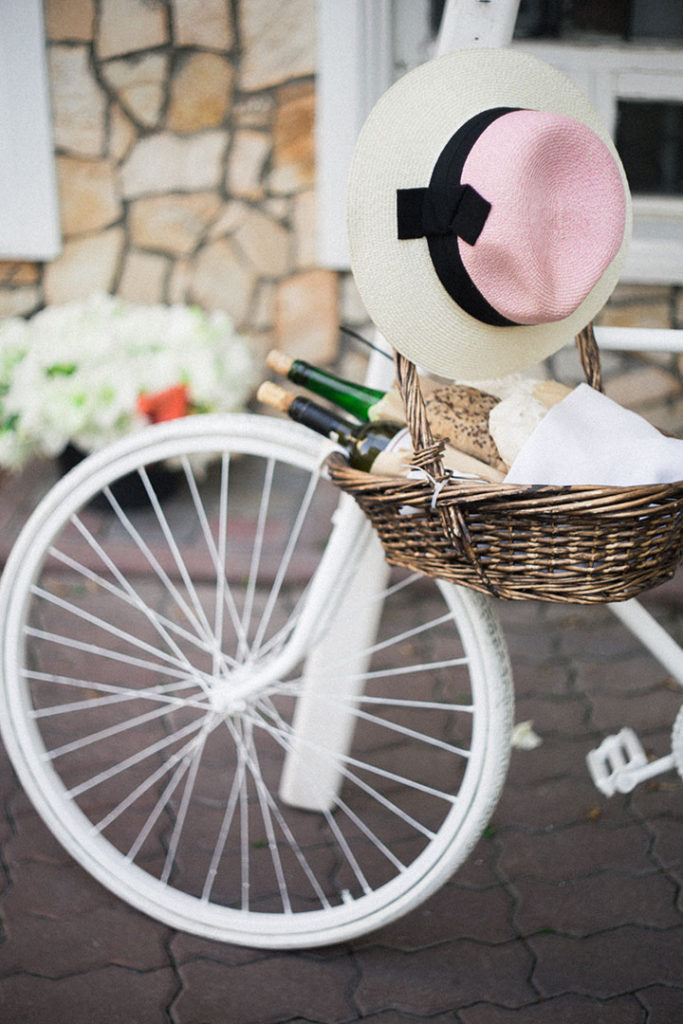Celebrate May and Mother’s Day with wines that honour great matriarchs, paired with some delicious recipes.
Bollinger Champagne
Madame Lily Bollinger, a great lady of Champagne, guided the House of Bollinger for 30 years and represented Bollinger wines across the world.
Pair with: Seared tuna rice paper wraps
The Story
On 10 November 1923, Jacques Bollinger, the grandson of Joseph Jacob better known as Jacques Bollinger, cofounder of the House a century earlier – married Elisabeth Law de Lauriston-Boubers, a descendent of John Law de Lauriston, the Scottish adventurer, banker and economist, who co-founded the Compagnie des Indes. She was 24, and he 29. When she married Jacques, Elisabeth (Lily) embraced, with verve and passion, Champagne and the vineyard. In 1941, when her husband died without an heir, the young 42-year-old widow took up the reins without hesitation. Known as “Mrs Jacques” to the villagers of Aÿ and “Aunt Lily” to the family, Elisabeth Lauriston Bollinger was considered by all as one of the great ladies of Champagne. She saw the House through the war and German occupation bravely and firmly and then from the 1950s represented Bollinger wines across the world.
When asked when to drink Champagne, Lily Bollinger famously replied: “I drink it when I’m happy and when I’m sad. Sometimes I drink it when I’m alone. When I have company I consider it obligatory. I trifle with it if I’m not hungry and drink it when I am. Otherwise, I never touch it—unless I’m thirsty.”
WIN a bottle of Bollinger Special Cuvée valued at R890!
Glenelly Lady May
Glenelly’s flagship estate wine named in honour of Glenelly’s Grande Dame, Madame May de Lencquesaing.
Pair with: Rare roast beef and wholegrain mustard on sweet potato rounds
The Story
Madame May de Lencquesaing is a member of one of Bordeaux’s oldest wine families, the Miailhe, who owned the famous Chateau Pichon Longueville Comtesse de Lalande, Grand Cru Classé, Pauillac, Bordeaux.
May’s wine journey continued in South Africa with the purchase of Glenelly Estate in 2003 at the age of 78, where she replanted the former fruit farm to pristine vineyards, built a state-of- the-art winery and tasting centre, and began producing a highly-acclaimed range of wines.
“I bought Glenelly because I believe in South Africa’s soil, microclimate and potential for quality wines, and I wanted to continue the French heritage of winemaking in South Africa that goes back more than three centuries. I have every confidence in this great country and its people, and wish to play a part in its economic development”, says Madame.
Rickety Bridge Paulina’s Reserve Semillon
The reserve range of wines is named in honour of Paulina de Villiers.
Pair with: Cauliflower pakoras
The Story
On 7 May 1797 the widow Paulina de Villiers was granted the land that straddles the river and rises up against the mountain at Franschhoek, the land she affectionately named ‘Paulina’s Drift’ which later became Rickety Bridge, making her one of the first women to own and farm land in the Cape. Fable has it that her spirit still hearkens after the land which she tamed, nurtured and loved, and that her whisperings can often be heard rustling through the vineyards as she keeps vigil over the vines. Paying homage to the pioneering spirit of Paulina de Villiers, Rickety Bridge’s restaurant, Paulina’s, and their flagship range of wines, Paulina’s Reserve, proudly bear the name of the estate’s original owner.
Muratie Ansela van de Caab
This Cabernet Sauvignon-led Bordeaux-style blend honours Ansela, whose remarkable story is written into SA folklore as an icon of the struggle against the horrors of slavery at the Cape.
Pair with: Ouma’s cabbage frikkadels
The Story
Born in the slave quarters at the Castle, this little slave girl only had a Christian name, her surname being “van de Caab”, Dutch for “of the Cape”, as was the case with all slaves born at the Cape at the time. The first owner of Muratie, a passionate and determined young German soldier called Laurens Campher, fell in love with Ansela who was a slave-girl at the Castle in Cape Town. During their 14 year courtship, Laurens frequently walked the 64 kilometres to Cape Town and back, a three day trip, to see his beloved Ansela. When she was eventually emancipated, Ansela returned as Laurens’ wife to Muratie. The oak tree Ansela planted to bless their marriage still stands on Muratie, as does a small white house, their first home, built for them by Laurens.
Written by Malu Lambert, wine writer.






